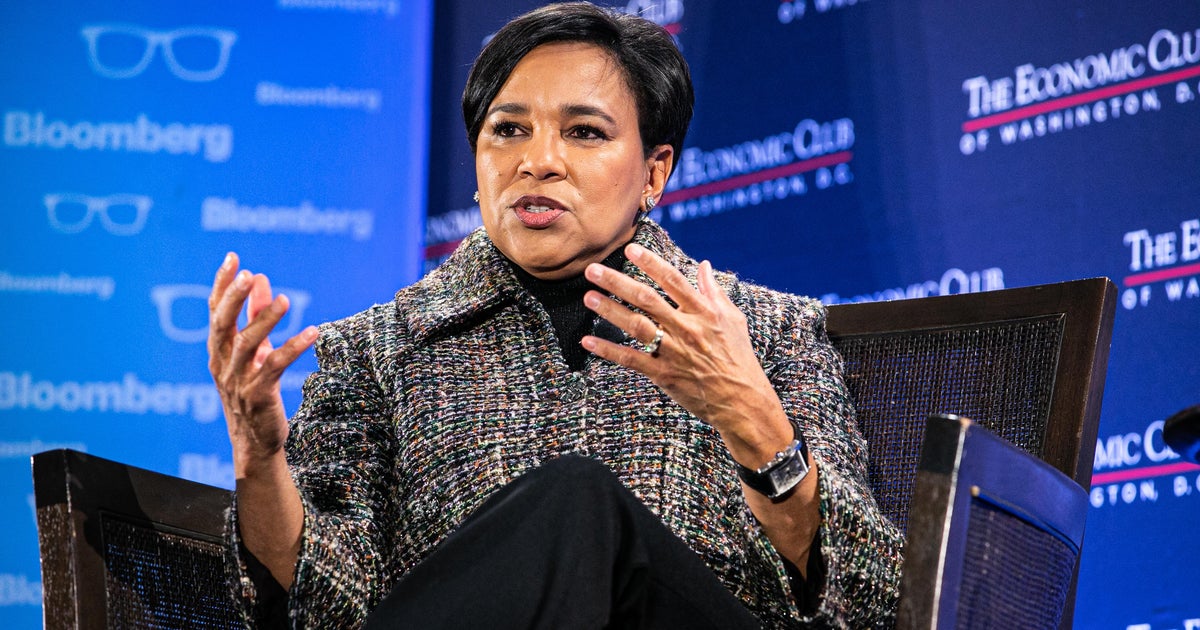Walgreens Boots Alliance said Friday that CEO Rosalind “Roz” Brewer is stepping down after less than three years at the helm of the global pharmacy chain.
Walgreens named Ginger Graham, an independent director on the company’s board, as interim chief executive. Brewer, who is also relinquishing her seat on the board, will continue to advise the retailer while it searches for a permanent CEO, the company said.
Brewer assumed the top post at Walgreens in March of 2021. She previously served as chief operating officer and group president at Starbucks as well as president and CEO of Walmart-owned Sam’s Club, among other corporate positions.
In announcing her exit, Walgreens credited Brewer with leading its efforts to quickly offer mass vaccinations during the pandemic.
“She built and led a team to stand up the technology for a vaccine scheduling system, created a safe operating model for store labor, and developed a plan to drive vaccine equity,” said the company, which also highlighted Walgreens’ strategic shift to focus more on offering health care services under Brewer’s watch.
Steered company through opioid lawsuits
Brewer’s tenure as CEO also saw Walgreens resolve litigation regarding its role, along with other major pharmacy chains, in the opioid crisis. In 2022, Walgreens agreed to pay nearly $5 billion over 15 years as part of a multi-state settlement, while more recently the company in May agreed to pay San Francisco nearly $230 million to settle a case over its distribution of the powerful drugs.
Opioids have been linked to the deaths of hundreds of thousands of people around the world.
Brewer is exiting as Walgreens veers away from selling products to focus more on health care, said Neil Saunders, managing director of GlobalData, noting that the retail business “is simply not an area that Walgreens wants to pursue” to drive growth.
“Health care is a lucrative sector, and Walgreens is not wrong to see it as a major part of its future playbook,” he said. “However, the new permanent CEO will need to remember that it is possible to invest in both health care and retail. It should not be an either/or decision.”
The Associated Press contributed to this report.













